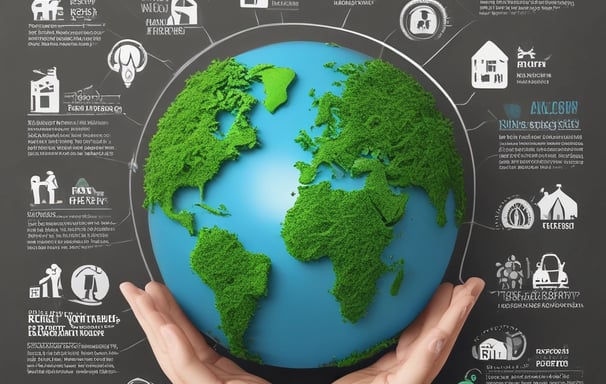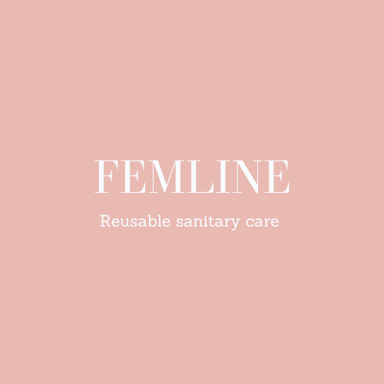Sustainability
Feminine health
Women's Health Strategy for England
A 10-year plan to improve the health of women and girls
Encourages the expansion of women's health hubs across the country
Aims to improve how the health and care system listens to women
Based on a call for evidence that sought views on how to improve women's health


Landfill
Reducing waste can help reduce the amount of waste that ends up in landfills.This can be done by:
Refusing: Avoiding unnecessary items like single-use products and excessive packaging
Reducing: Buying in bulk, using materials more efficiently, and optimizing processes
Reusing: Using durable, multi-use products instead of disposables
Repurposing: Finding new uses for items that would otherwise be discarded
Recycling: Sorting recyclable materials and sending them to recycling facilities


Diversity and Equity
Equality, diversity, and inclusion (EDI) is important in all organisations. At Femline, Diversity Equity and Inclusion will allow women to feel included and create a safe space for women to feel a sense of belonging, self-development and training to improve their well-being overall.
Equality: Ensures equal opportunities and fairness for all people
Diversity: Recognizes and values differences between people
Equity: Ensures everyone has access to the same resources and opportunities
Inclusion: Ensures everyone feels valued and included in society and the workplace




Ethical working standards
Ethical working standards involve principles and practices that ensure fair, respectful, and responsible conduct in the workplace, including fair wages, safe conditions, and respect for employee rights.
Key Aspects of Ethical Working Standards:
Fair Treatment and Respect:
Ethical workplaces treat all employees with dignity and respect, regardless of their background or position.
Safe and Healthy Environment:
Employers have a responsibility to provide a safe and healthy work environment, free from hazards and risks.
Fair Compensation and Benefits:
Employees should receive fair wages, reasonable hours, and benefits that are commensurate with their contributions and the cost of living.
Workplace Diversity and Inclusion:
Ethical workplaces value diversity and inclusion, creating a welcoming and inclusive environment for all employees.
Open Communication and Transparency:
Ethical organizations foster open communication and transparency, ensuring that employees are informed about important decisions and processes.


Net Zero
Net-zero standards are frameworks that help organizations set and achieve targets for reducing greenhouse gas emissions, aiming to balance emissions with removals, ultimately leading to a net-zero carbon footprint.
Here's a breakdown of key aspects:
What are Net-Zero Standards?
Frameworks for Action:
Net-zero standards provide a structured approach for companies and organizations to reduce their emissions and achieve net-zero targets.
Science-Based Targets:
These standards are based on scientific evidence and the need to limit global temperature rise to 1.5°C above pre-industrial levels.
Near-Term and Long-Term Targets:
They encourage organizations to set both near-term (e.g., 2030) and long-term (e.g., 2050) targets for emissions reductions.


Need assistance?
contact@femline.com
© 2025 Femline
